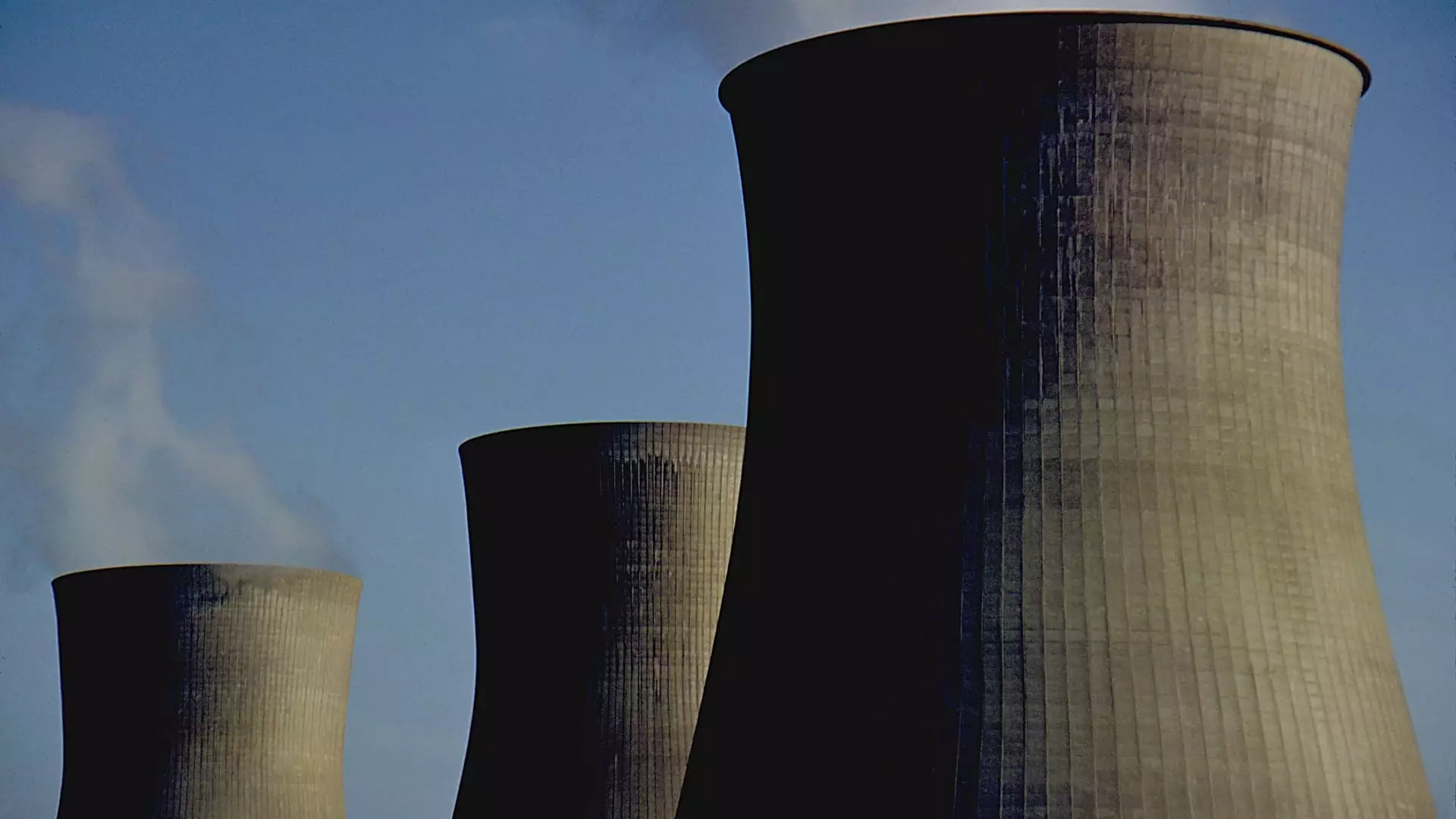The advent of artificial intelligence (AI) and cloud computing has fundamentally altered the landscape of energy consumption. Predictions indicating a rise in global electricity demand by up to 75% by 2050 highlight the critical intersection between technological advancement and energy production. A significant factor driving this escalation is the proliferation of data centers, which are gearing up to consume energy levels that could rival those of major urban areas. This unprecedented surge poses a challenge for environmental sustainability efforts, creating a conflict between technological growth and the need to manage energy consumption effectively.
The sheer scale of energy required by data centers is staggering. For instance, a new data center might demand as much electricity as an entire city, such as Chicago. As Mark Nelson of Radiant Energy Group points out, mere expansion is not the answer. The pressing issues are the constant and stable power requirements that such facilities necessitate—continuous electricity, 24/7, without fail. The urgency to understand and manage these power needs is critical for stakeholders who are committed to fostering technological progress while grappling with sustainability.
In light of these burgeoning energy demands, significant players in the tech industry are re-evaluating their approach to energy sources. After years of championing renewable energy, companies like Google, Amazon, Microsoft, and Meta are exploring nuclear power as a solid alternative. This shift is not merely a trend; it signals a conscious effort to secure reliable, large-scale energy solutions that align with the operational needs of data centers. Michael Terrell from Google encapsulates this viewpoint, stressing that nuclear energy offers distinct advantages: it’s carbon-free, reliable, and has substantial economic implications.
Despite the historical stigma surrounding nuclear energy due to safety concerns and catastrophic incidents, technological advancements and rigorous safety protocols have fostered a renewed public dialogue. The narrative that once painted nuclear power as a dangerous option is being reshaped as experts advocate for its potential in driving an energy transformation. The current investments being made by tech companies in nuclear projects are often viewed as the onset of a “nuclear revival,” which could revolutionize energy consumption patterns both in the U.S. and globally.
The critical challenge ahead involves balancing the relentless pursuit of technological innovation against the backdrop of sustainable energy practices. As data centers continue to expand and power requirements escalate, the strategic pivot towards nuclear energy by major tech companies could herald a more sustainable future for the industry. By addressing energy demands within the framework of ecological responsibility, technology leaders may not only reshape their operational practices but also contribute to a broader global energy transformation, ensuring that the promise of AI and cloud computing does not come at the expense of environmental sustainability.


Leave a Reply